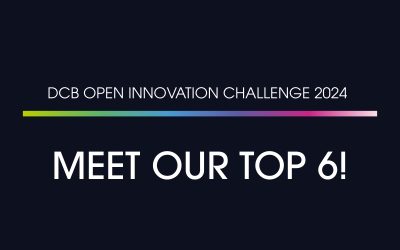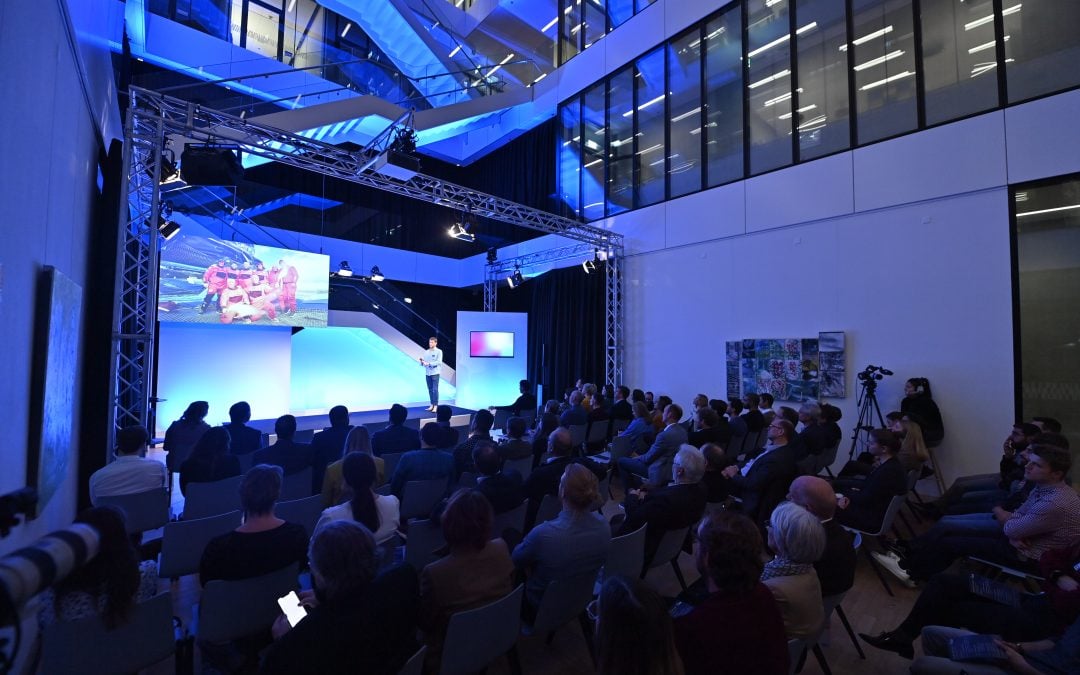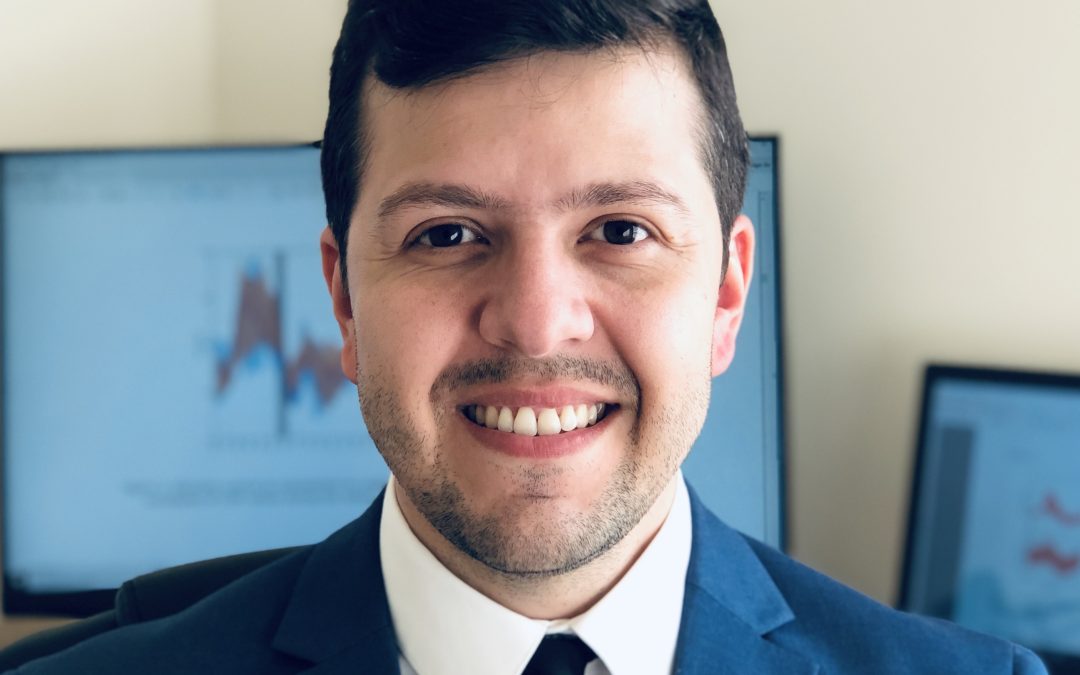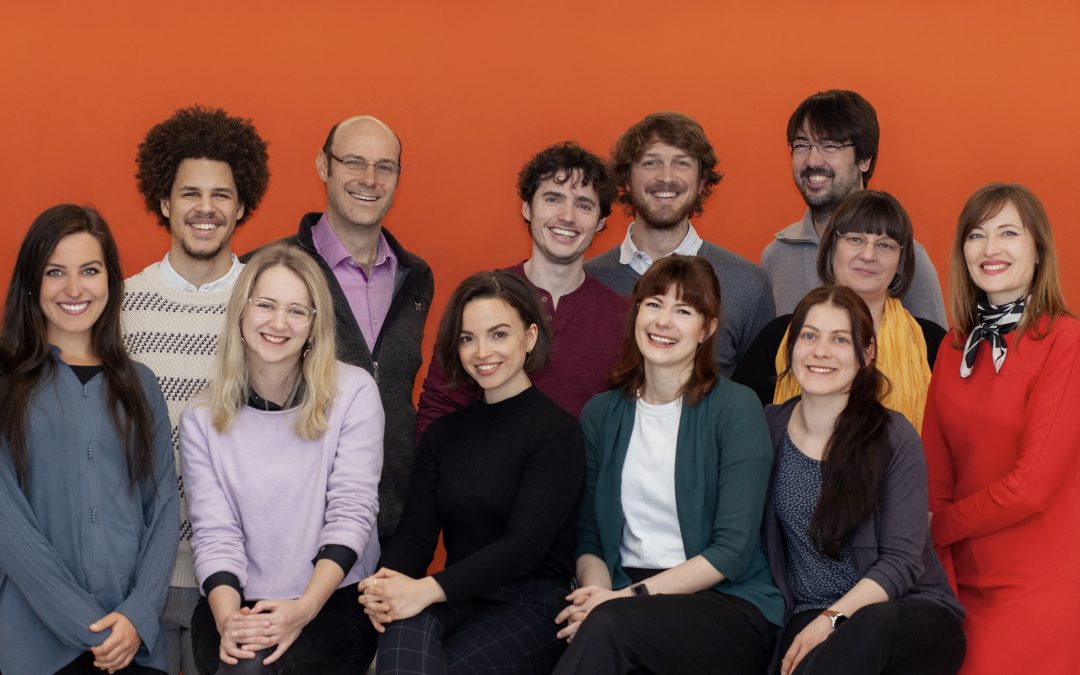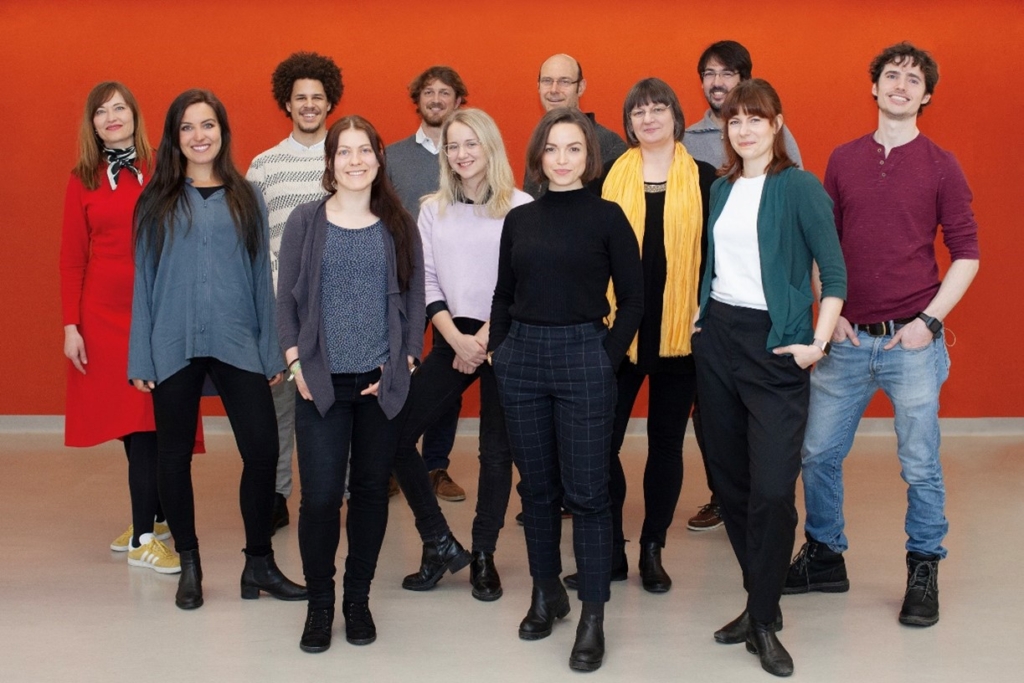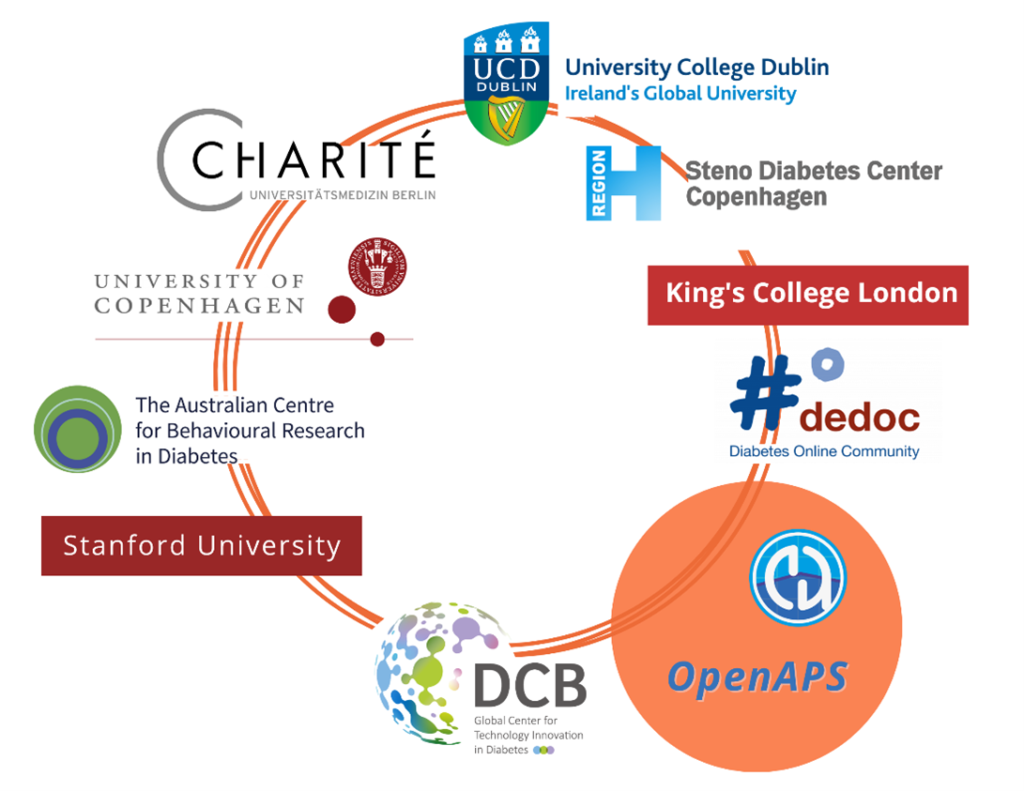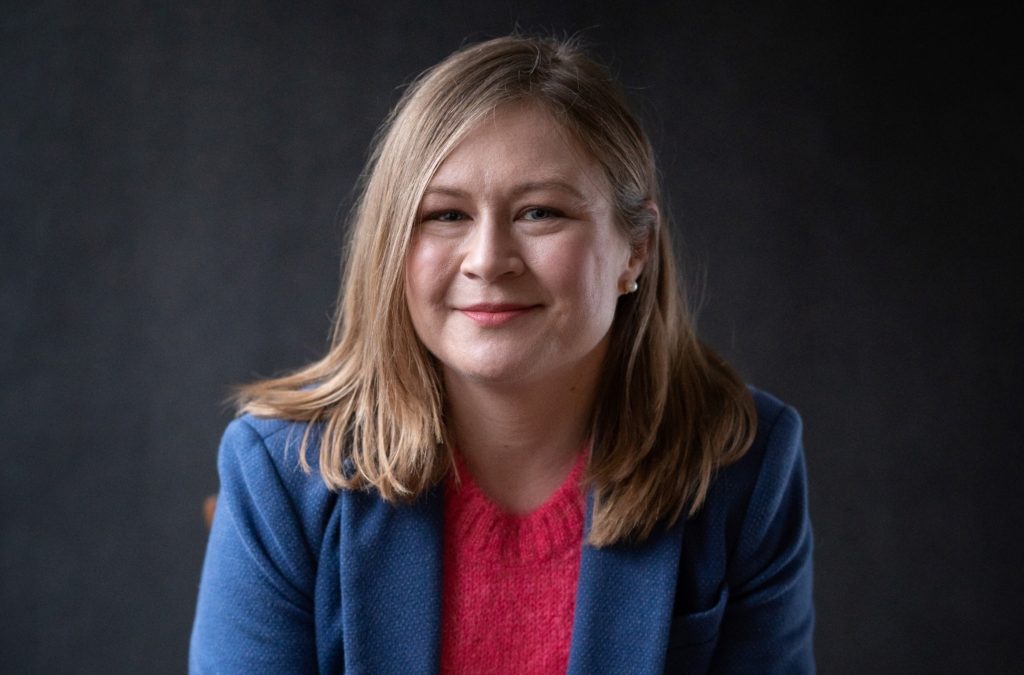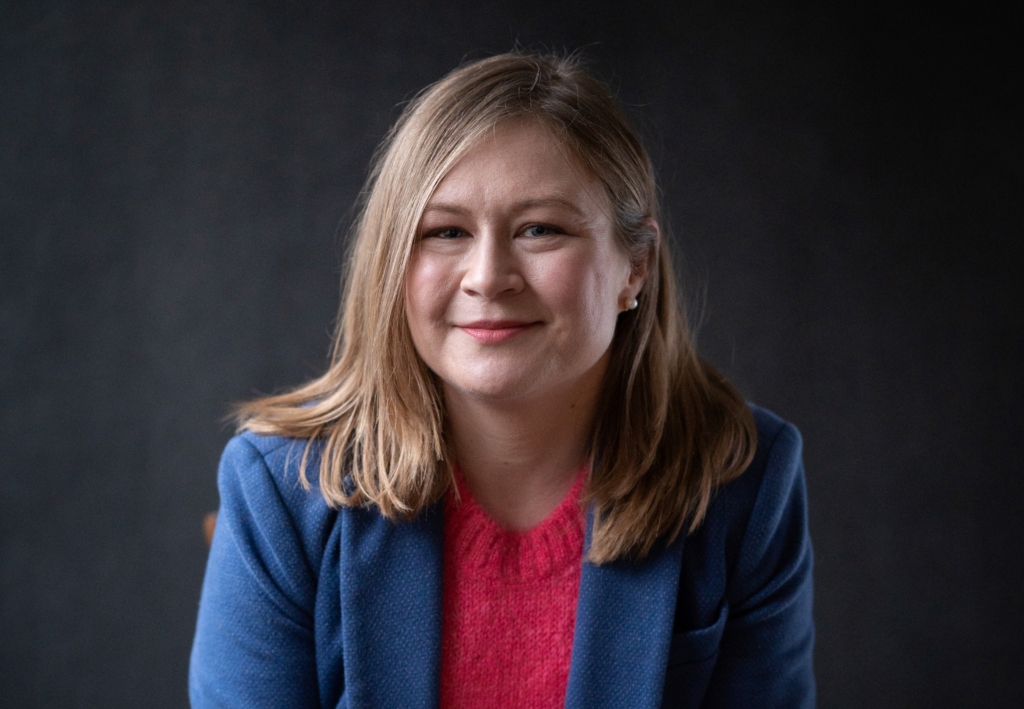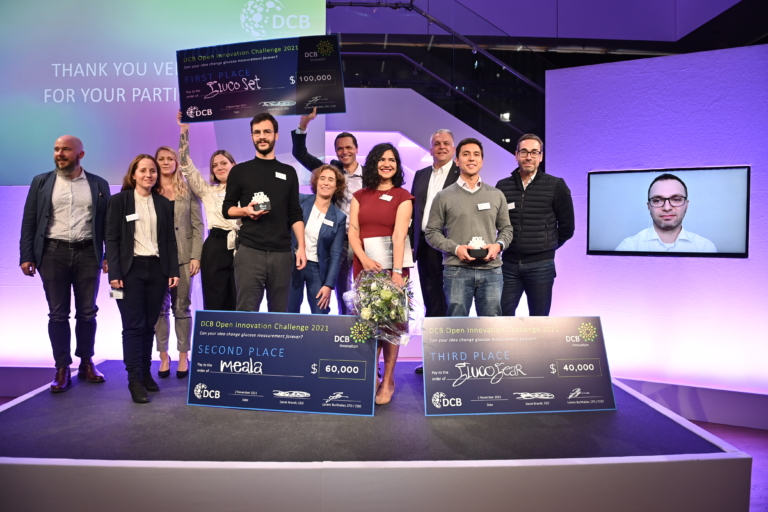The fiscal year 2023/24 was a year marked by major milestones and remarkable progress for the Diabetes Center Berne...

DCB on ADA TV: Driving Diabetes Technology Innovation
DCB on ADA TV: Driving Diabetes Technology Innovation
As the American Diabetes Association’s 83rd Scientific Session are being held in San Diego, CA, from 23-26 June, a short movie about DCB’s mission of driving diabetes technology innovation will be broadcast across the convention center as well as conference hotels and shuttle busses.

Learn more about DCB’s mission on ADA TV
During the American Diabetes Association’s 83rd Scientific Session, a short movie about DCB’s mission will be broadcast across the convention center and associated areas. The movie produced for ADA TV features employees as well as associated research teams of DCB and brings the mission of driving diabetes technology innovation to screens all over.
Other than on-site at the American Diabetes Association’s 83rd Scientific Sessions, it is also available to watch online:
DCB thanks the American Diabetes Association and the production company WebsEdge Medicine for this great collaboration and for giving the DCB mission a stage at the ADA congress.
Watch the short clip now
More recent news
Hot Off the Press: The DCB Annual Report 2023/24 is Out!
DCB Open Innovation Challenge 2024: Meet our Top 6!
The DCB Innovation Challenge 2024 is entering its final round! Explore the six innovations which have been chosen to...
DCB Open Innovation Challenge 2024: Meet our Top 20!
The DCB Open Innovation Challenge 2024 is entering its next round! From all 100 submitted ideas, our evaluation...


DCB Research AG
Freiburgstrasse 3
3010 Bern
Switzerland

